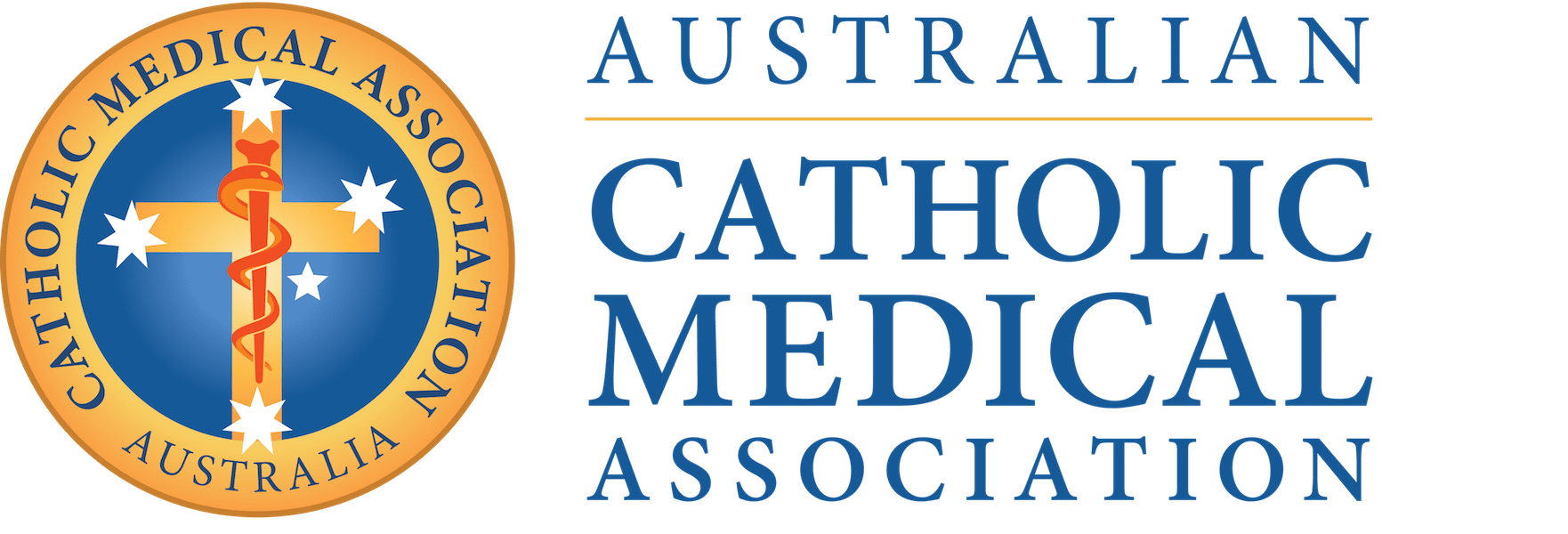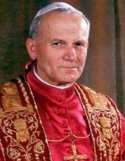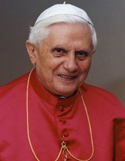Declaration of the Dicastery for the Doctrine of the Faith “Dignitas Infinita” on Human Dignity, 08.04.2024
Introduction
1. (Dignitas infinita) Every human person possesses an infinite dignity, inalienably grounded in his or her very being, which prevails in and beyond every circumstance, state, or situation the person may ever encounter. This principle, which is fully recognizable even by reason alone, underlies the primacy of the human person and the protection of human rights. In the light of Revelation, the Church resolutely reiterates and confirms the ontological dignity of the human person, created in the image and likeness of God and redeemed in Jesus Christ. From this truth, the Church draws the reasons for her commitment to the weak and those less endowed with power, always insisting on “the primacy of the human person and the defense of his or her dignity beyond every circumstance.”[2].......
Download pdf here
First and foremost among the doctrinal foundations of pro-life mission are the three great ‘VITAE’ (latin for LIFE) documents – Humanae Vitae, Evangelium Vitae and Donum Vitae. Maintaining perfect (and infallible) teaching continuity with their predecessors, Paul VI, John Paul II and now Pope Benedict XVI have courageously guided the faithful and the world on the life issues for nearly half a century. Most often the Popes have been a solitary voice on these issues of life and death – particularly on the crucial issue of artificial contraception.
Humanae Vitae (On Human Life) – 25 July 1968
In this encyclical, subtitled On the Regulation of Birth, Pope Paul VI re-affirmed the Church’s teaching regarding married love, responsible parenthood and the continuing proscription of artificial birth control. Addressing a topic described by Pope Benedict XVI as “so controversial, yet so crucial for humanity’s future”, Humanae Vitae became a sign of contradiction but also of continuity of the Church’s doctrine. Download PDF… HERE
Evangelium Vitae (The Gospel of life) – March 25 1995
In this encyclical Pope John Paul II reaffirmed of the value of human life and its inviolability. The encyclical gives an overview of threats to human life and illuminates the many Biblical prohibitions against killing, addressing specific actions in light of these passages, including abortion (quoting Tertullian, who called abortion “anticipated murder to prevent someone from being born”), and euthanasia (which John Paul II calls “a disturbing perversion of mercy”). The Pope then addressed social and ecological factors, stressing the importance of a society which is built around the family. Download PDF… HERE
Donum Vitae (The Gift of Life) – February 22 1987
In this instruction from Congregation for the Doctrine of the Faith, Pope Benedict XVI (then Cardinal Ratzinger) taught on respect for human life in its origin and on the dignity of procreation. This document specifically indicated that the Church was opposed to in vitro fertilization (IVF) which provoked controversy given that IVF was relatively new at the time of this documents release. Download PDF… HERE
Further ethical controversies surrounding embryos, that emerged after Donum Vitae was released in 1987, prompted the release of the follow-up document Dignitas Personae.
Dignitas Personae (The Dignity of a Person) – June 20 2008
This document takes a critical stance against selective reduction, prenatal diagnosis, preimplantation diagnosis, in vitro fertilization, cryopreservation, parahumans, embryo transfer, genetic engineering and embryo donation.
Other Key Documents
Veritatis Splendor (The Splendour of Truth) – John Paul II (1993)
Encyclical by Pope John Paul II on the splendour of truth
Medical
The Pontifical Council for Pastoral Assistance to Health Care workers
Vatican City 1995
The Charter for Health Care Workers
Promoting Family & Marriage
Familiaris Consortio (The Role of the Family) – John Paul II (1981)
Apostolic Exhortation by Pope John Paul II on the Christian family in the modern world
Letter to Families – John Paul II (1994)
Letter by Pope John Paul II to families
Charter of the Rights of the Family (1983)
Vatican charter on family rights
Letter to Children – John Paul II (1994)
Letter by Pope John Paul II to children
The Truth and Meaning of Human Sexuality (1995)
Pontifical Council for the Family guidelines for education within the family.
Arcanum – Leo XIII (1880)
Encyclical by Pope Leo XIII on Christian marriage
Casti Connubii – Pius XI (1930)
Encyclical by Pope Pius XI on Christian marriage
Preparation for the Sacrament of Marriage (1996)
Pontifical Council for the Family guidelines for marriage preparation
Defending Sanctity of Life
Declaration on Procured Abortion (1974)
Sacred Congregation for the Doctrine of the Faith
Persona Humana (The Human Person) (1974)
Vatican Declaration on certain questions concerning sexual ethics.
Considerations Regarding Proposals to give legal recognition to unions between homosexual persons (2003)
Vatican response to proposals to give legal recognition to homosexual unions.
Letter to the Bishops on the Pastoral Care of Homosexual Persons (1986)
Vatican letter concerning the pastoral care of homosexual persons
Declaration on Euthanasia (1980)
Sacred Congregation for the Doctrine of the Faith
Address to Midwives on the Nature of Their Profession – Pope Pius XII (1951)
General
Apostolicam Actuositatem – Paul VI (1965)
Decree on the Apostolate of the Laity on the nature, character, and diversity of the lay apostolate
Mulieris Dignitatem (The Dignity of Women) – John Paul II (1988)
Apostolic Letter by Pope John Paul II on the dignity and vocation of women
Letter to Women – John Paul II (1995)
Letter by Pope John Paul II to women
Letter to the Elderly – John Paul II (1999)
Letter by Pope John Paul II to the elderly
Letter to the Bishops on the Collaboration of Men and Women in the Church and World (2004)
Vatican letter on the collaboration of men and women
Gadium et Spes (Joy and Hope) – Paul VI (1965)
Vatican II: Pastoral Constitution on the Church in the Modern World
Catechism of the Catholic Church – Social Doctrine # 1877 – 1948
Compendium of the Social Doctrine of the Church



